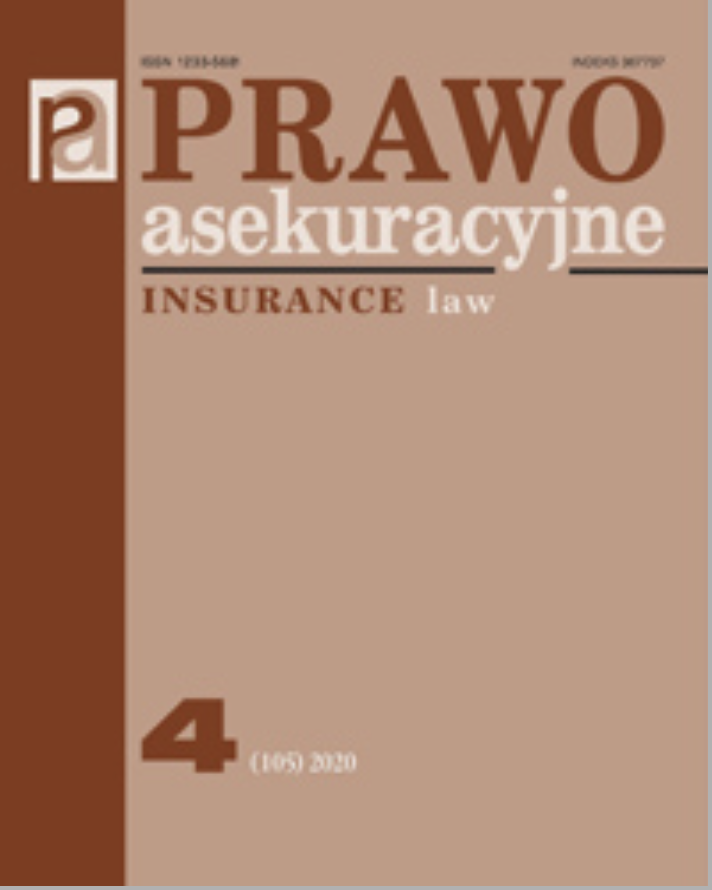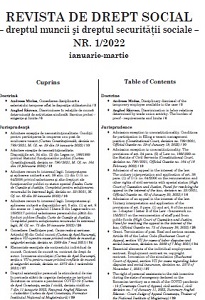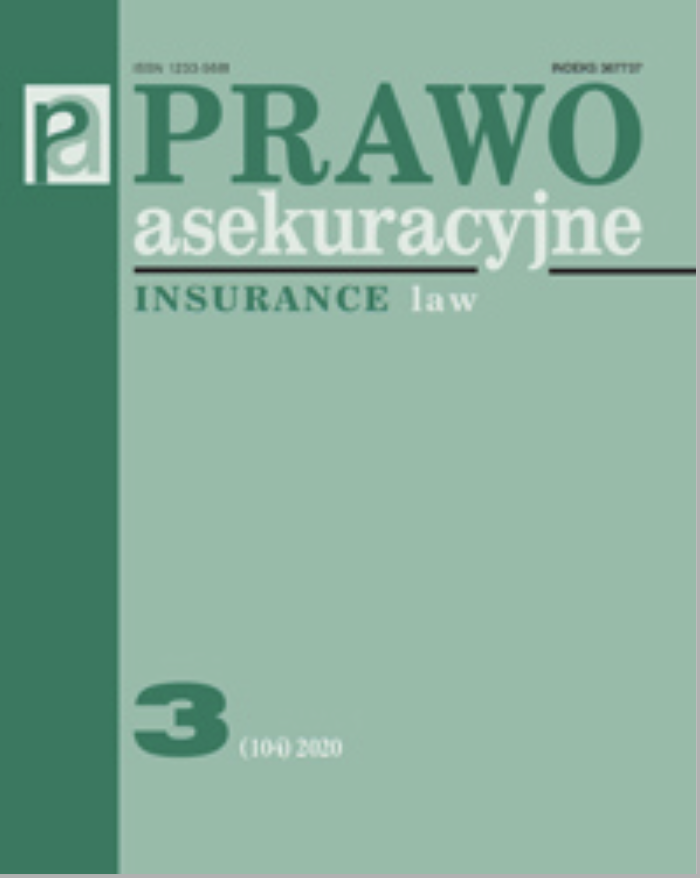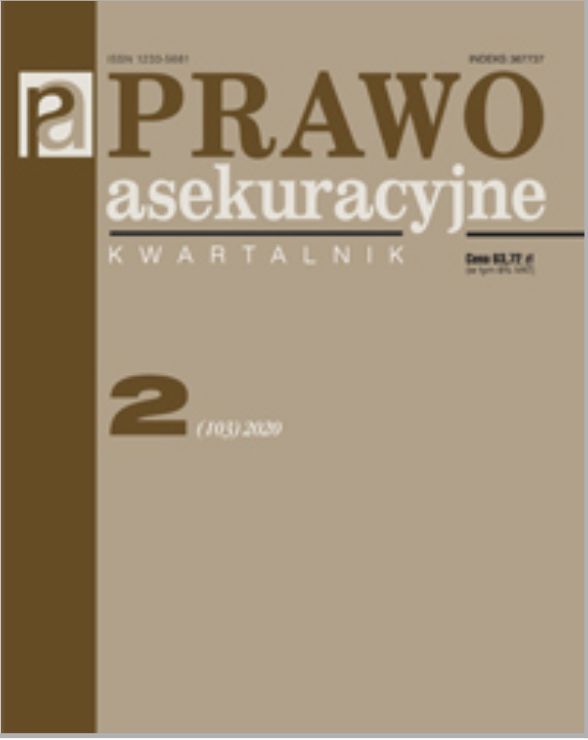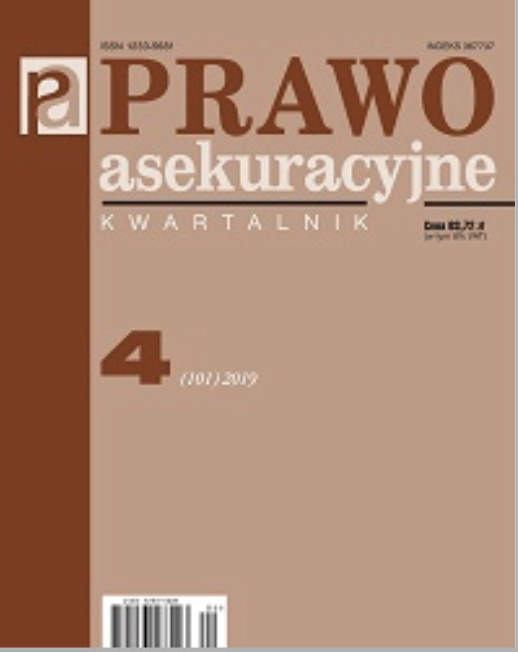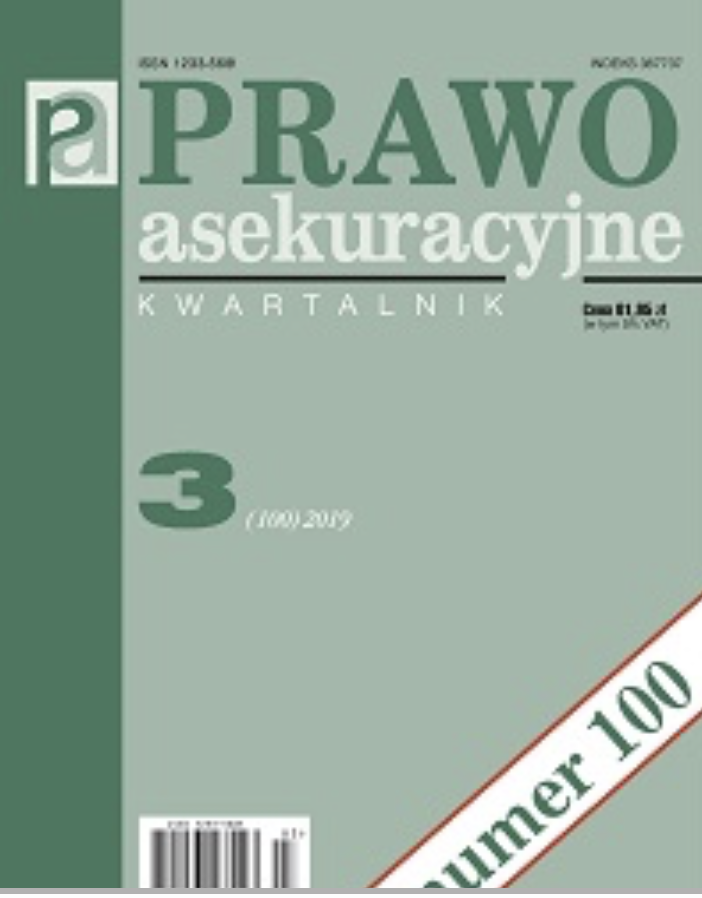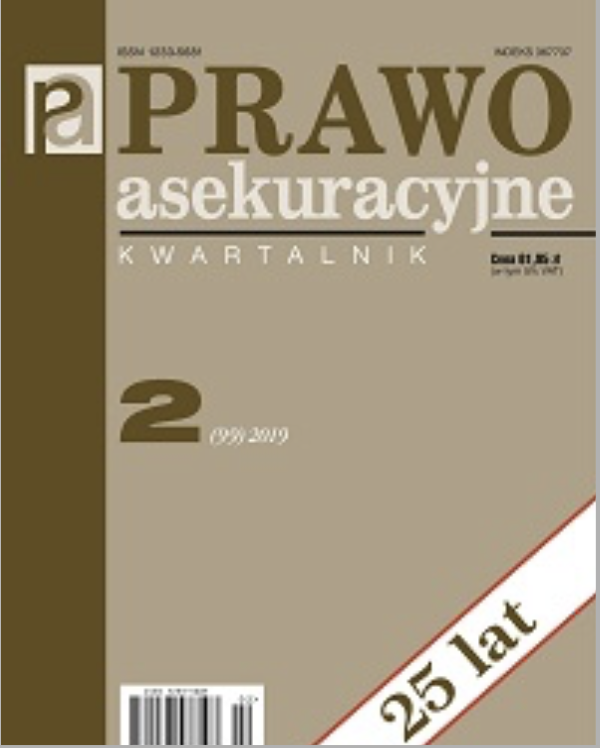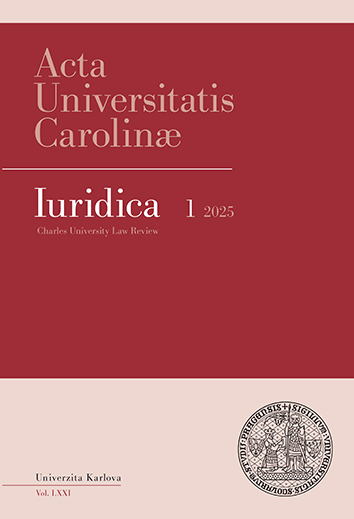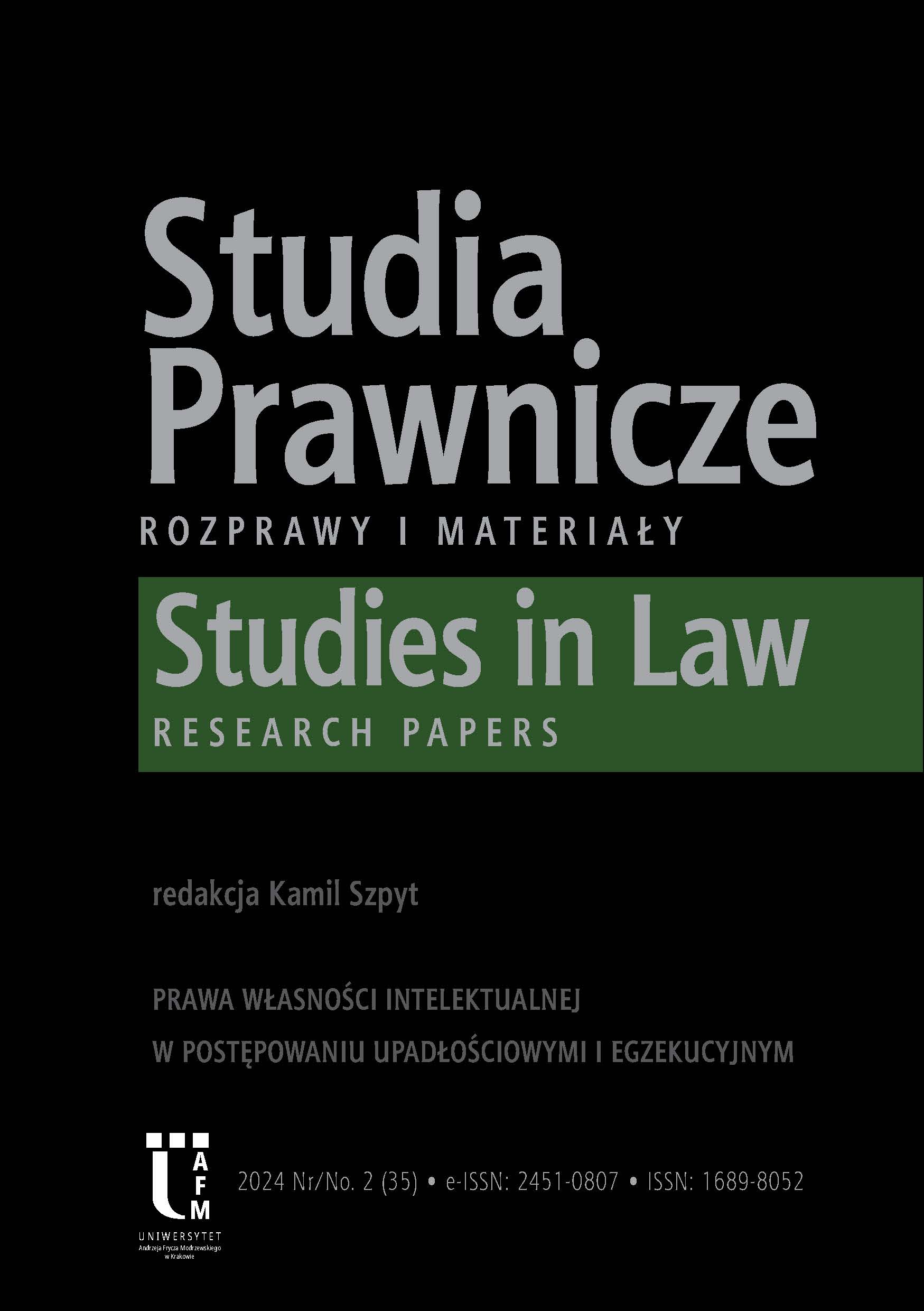Author(s): Author Not Specified / Language(s): Romanian
Issue: 4/2024
Decizia contestată conține toate elementele obligatorii prevăzute de art. 252 din Codul Muncii, inclusiv motivele pentru care au fost înlăturate apărările formulate de salariat în cursul cercetării disciplinare. Practic angajatorul consemnează că a luat act de aceste apărări, dar ele sunt neîntemeiate. (în perioada iunie – septembrie 2022, din cele 10 somații și 10 notificări pe lună, aceasta a întocmit doar 2 somații și 6 notificări pe luna septembrie, ceea ce reprezintă un număr de somații și notificări multe prea redus prin raportare la prevederile Deciziei nr. 446/20.12.2021). Chiar dacă societatea nu a răspuns fiecărui argument invocat de salariată, nu se poate reține neîndeplinirea condițiilor privind forma pe care trebuie să o aibă o decizie de sancționare disciplinară. Pe fondul cauzei, Curtea consideră, ca și instanța de fond, că emiterea unui nr. de 10 somații și 10 notificări pe lună, respectiv un singur act pe zi, care constă în completarea cu anumite date a unui formular deja întocmit, nu reprezintă o sarcină imposibil de executat, chiar dacă angajații mai au și alte atribuții stabilite prin fișa postului. Potrivit art. 40 din Codul Muncii - (1) Angajatorul are, în principal, următoarele drepturi: a) să stabilească organizarea și funcționarea unității; b) să stabilească atribuțiile corespunzătoare fiecărui salariat, în condițiile legii; c) să dea dispoziții cu caracter obligatoriu pentru salariat, sub rezerva legalității lor; d) să exercite controlul asupra modului de îndeplinire a sarcinilor de serviciu; e) să constate săvârșirea abaterilor disciplinare și să aplice sancțiunile corespunzătoare, potrivit legii, contractului colectiv de muncă aplicabil și regulamentului intern; f) să stabilească obiectivele de performanță individuală, precum și criteriile de evaluare a realizării acestora. Dacă angajatorul a stabilit ca obiectiv prioritar completarea acestor somații și notificări, cu scopul bunei administrări a cimitirelor existente, în sensul identificării titularilor dreptului de concesiune care nu își îndeplinesc obligațiile legale, în vederea eliberării de locuri de înhumare, salariata avea obligația executării Deciziei nr. 446/2021 prin organizarea timpului de lucru astfel încât să fie îndeplinite sarcinile prioritare. Umplerea timpului de lucru cu activități pe care angajatorul nu i le-a cerut salariatului nu poate duce la concluzia că acesta este extrem de ocupat și nu mai are timpul necesar îndeplinirii sarcinilor cerute în mod expres. Îndrumarea colegilor noi veniți nu este o atribuție prevăzută în fișa postului reclamantei, iar aceasta nu poate să invoce deficitul de personal, pentru că din 6 salariați 4 sunt noi. Este atribuția șefului direct, respectiv a administratorului de cimitir, să se asigure că aceștia își îndeplinesc sarcinile din fișa postului. Faptul că documentele sunt vechi, vremea nu este favorabilă, iar ceilalți colegi sunt noi, nu sunt argumente întemeiate pentru neîndeplinirea atribuțiilor de serviciu. Reclamanta are obligația să eficientizeze activitatea și să își organizeze timpul de lucru astfel încât să își îndeplinească toate atribuțiile aferente postului pe care îl ocupă. Ca urmare, nu se poate reține lipsa de vinovăție a reclamantei pentru neîndeplinirea sarcinilor trasate de angajator, aplicarea sancțiunii, cea mai mică prevăzută de lege, fiind atât legală, cât și temeinică.
More...





